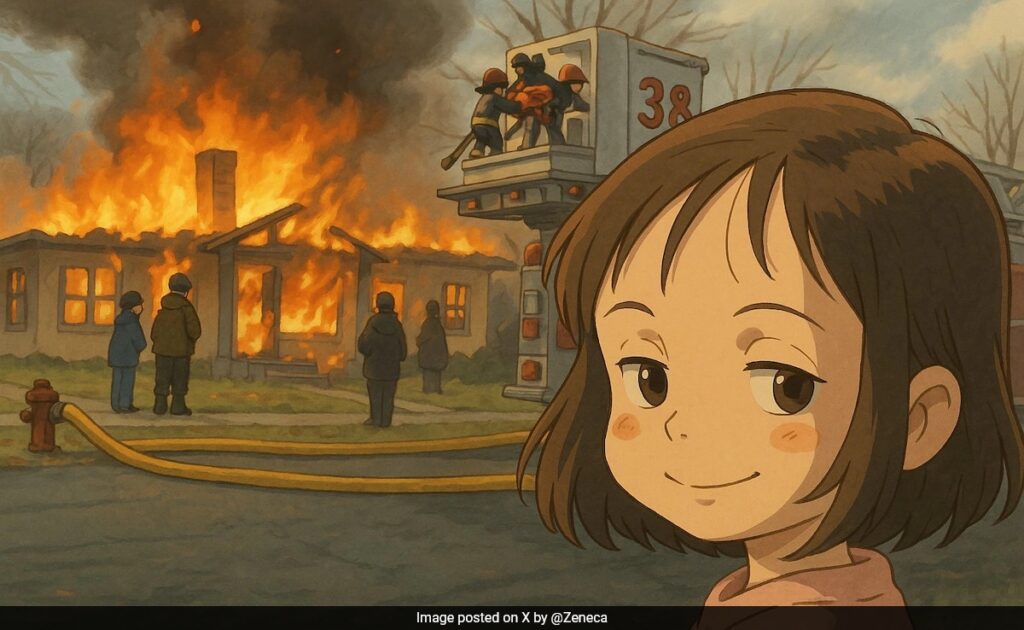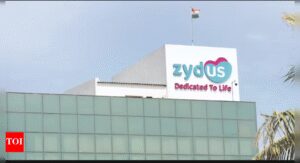
Studio Ghibli may have legal grounds to take action against OpenAI over ChatGPT’s AI-generated images, a legal expert has said.
The Japanese animation studio could “claim OpenAI has violated the Lanham Act,” Rob Rosenberg, founder of Telluride Legal Strategies, told Futurism.
The Lanham Act, a federal law enacted in 1946, governs trademark protection, false advertising, and unfair competition. It allows businesses to sue over unauthorised use of their branding or style that could mislead consumers.
“Ghibli could argue that by converting user photos to ‘Ghibli-style,’ OpenAI is trading off the goodwill of Ghibli’s trademarks, using its recognisable artistic identity in a way that may confuse consumers into believing the function is endorsed or licensed by the studio,” Mr Rosenberg explained.
He also said that OpenAI could face legal challenges for training its AI models on copyrighted works belonging to Studio Ghibli.
Over the last week or so, OpenAI’s ChatGPT users have flooded social media with Studio Ghibli-inspired AI-generated images. The surge forced OpenAI to impose restrictions, with CEO Sam Altman saying their GPUs were “melting.”
This also led to debates on copyright infringement and the ethics of AI-generated content, especially its impact on human artists, including Studio Ghibli’s animators.
Mr Rosenberg pointed out that the outcome of any potential lawsuit remains uncertain.
“If OpenAI were marketing its platform as a place where consumers could transform their photos into ‘Ghibli-style’ anime, that fact would weigh more strongly in favour of a court finding that OpenAI’s conduct violated the Lanham Act,” he said.
If courts reject OpenAI’s fair use argument, Mr Rosenberg speculated that AI developers may have to compensate copyright holders and credit them for influencing AI-generated content.
No clear legal precedent exists on whether OpenAI has violated US copyright law. The company argues that training its models falls under “fair use,” a key point in AI copyright debates.
Beyond copyright concerns, the controversy could also impact Studio Ghibli’s ability to monetise its signature art style.
“If Studio Ghibli ever wanted to launch its own tool allowing fans to transform photos into its signature style, OpenAI’s update has essentially taken that business opportunity away,” Mr Rosenberg said.
Even more concerning, he added, was the possibility that AI could generate entire animations in the Ghibli style, misleading audiences into believing they were official works. It blurs “the line between homage and outright misrepresentation,” he said.












